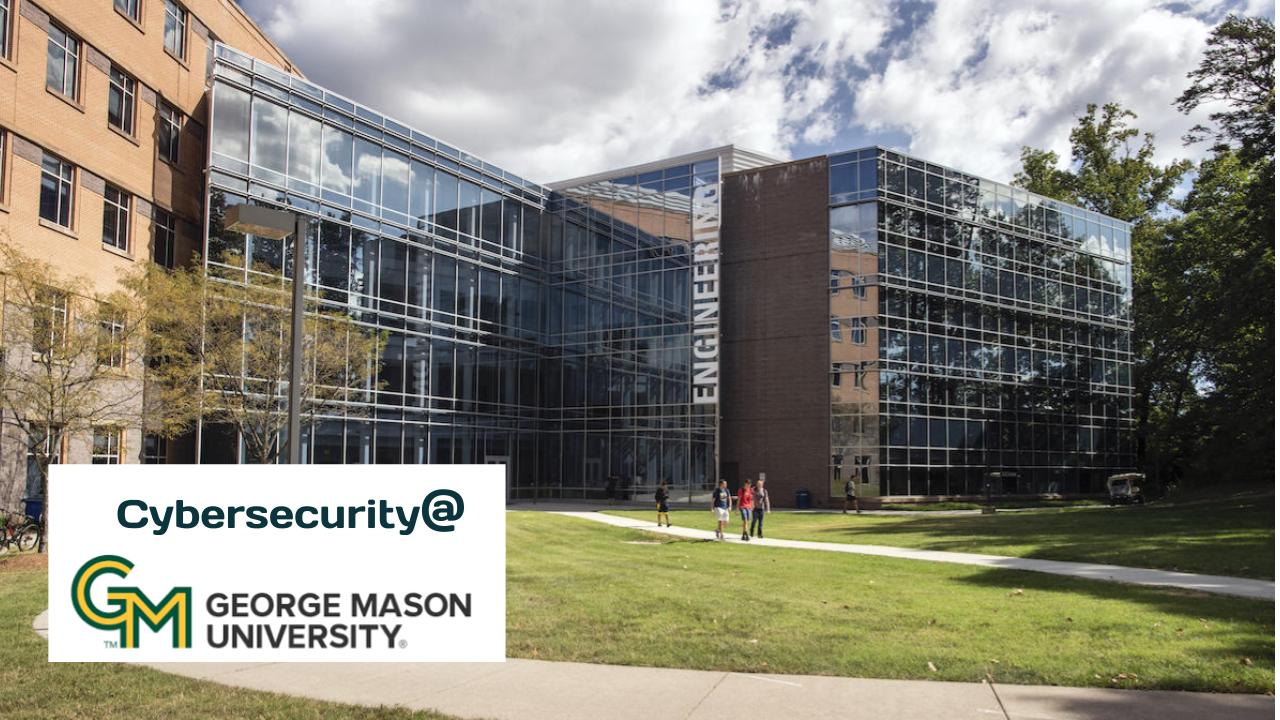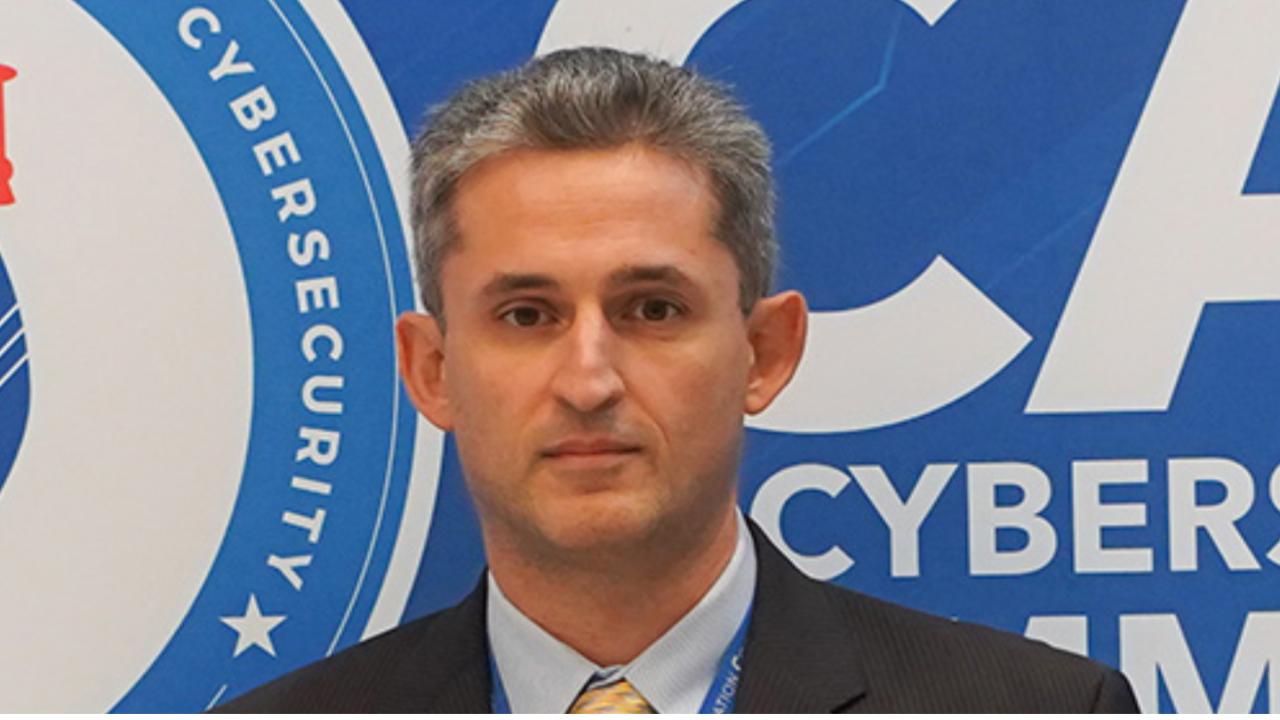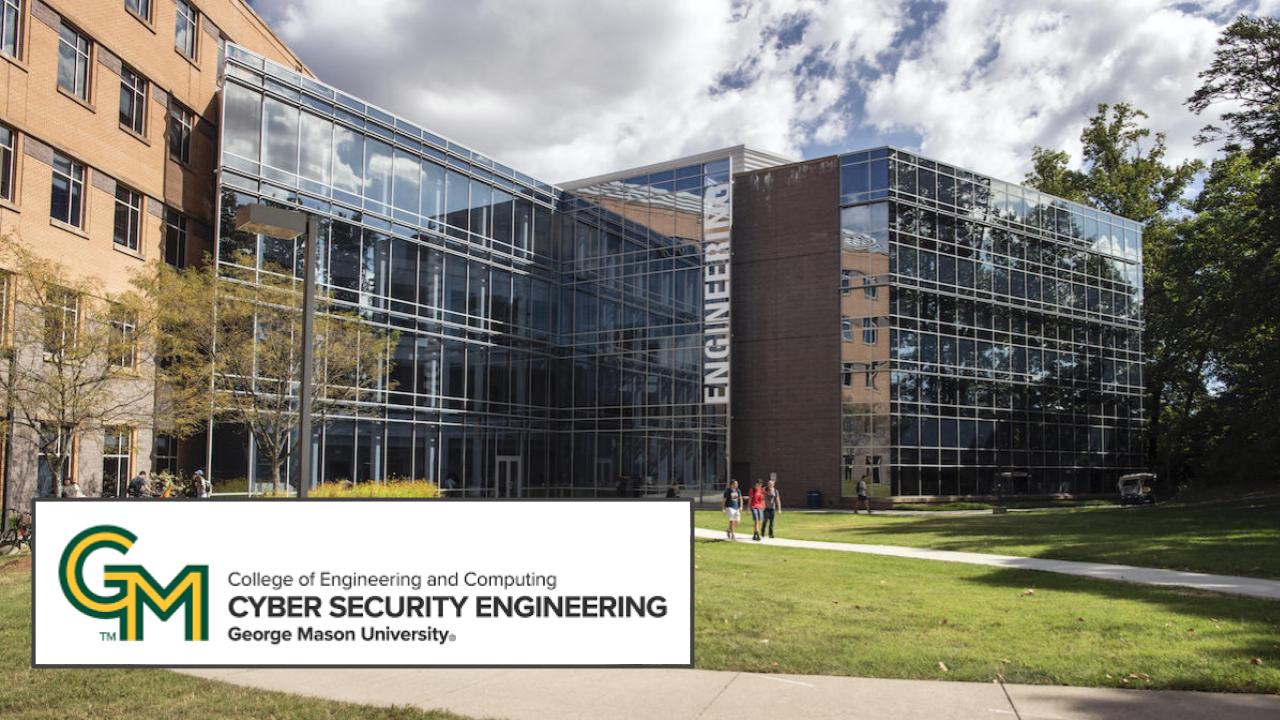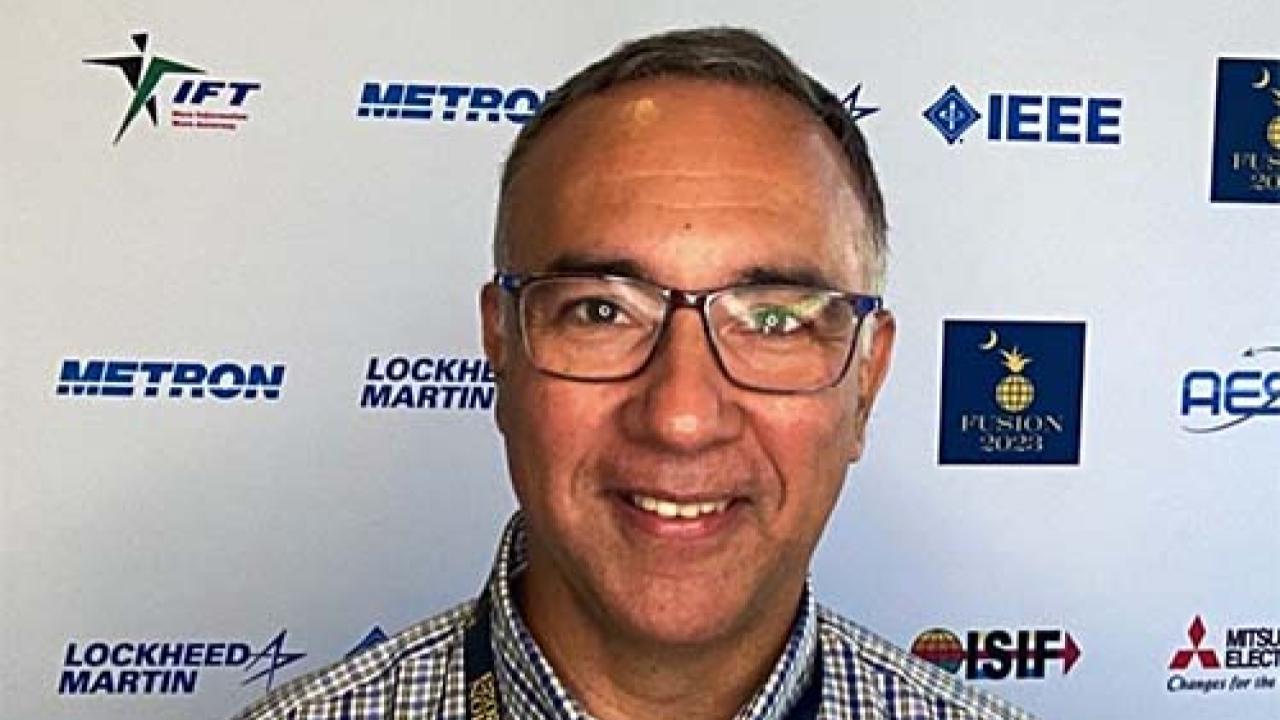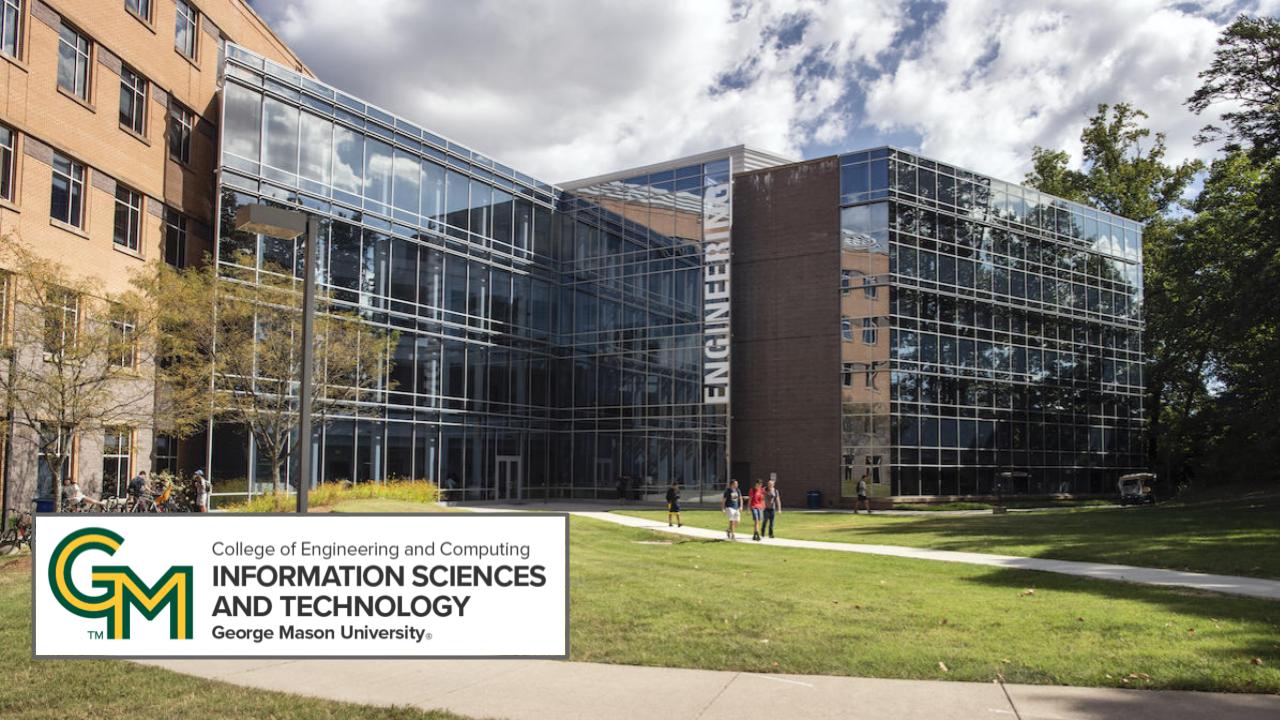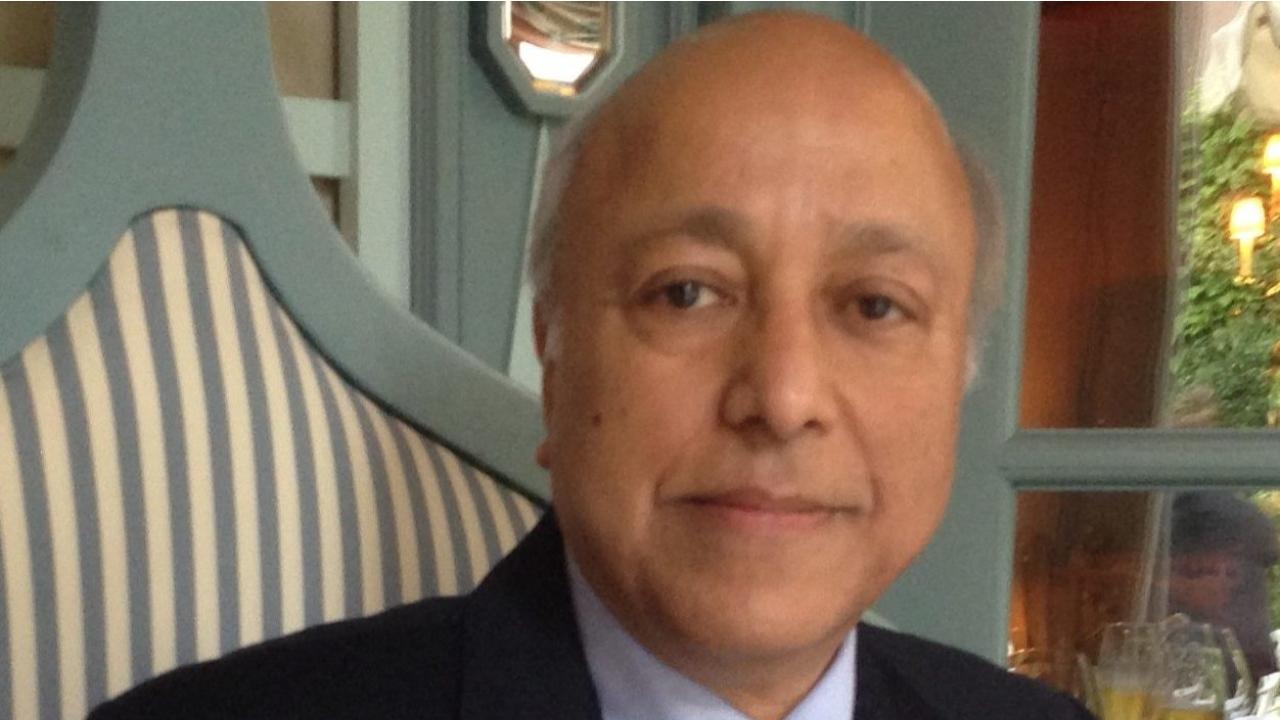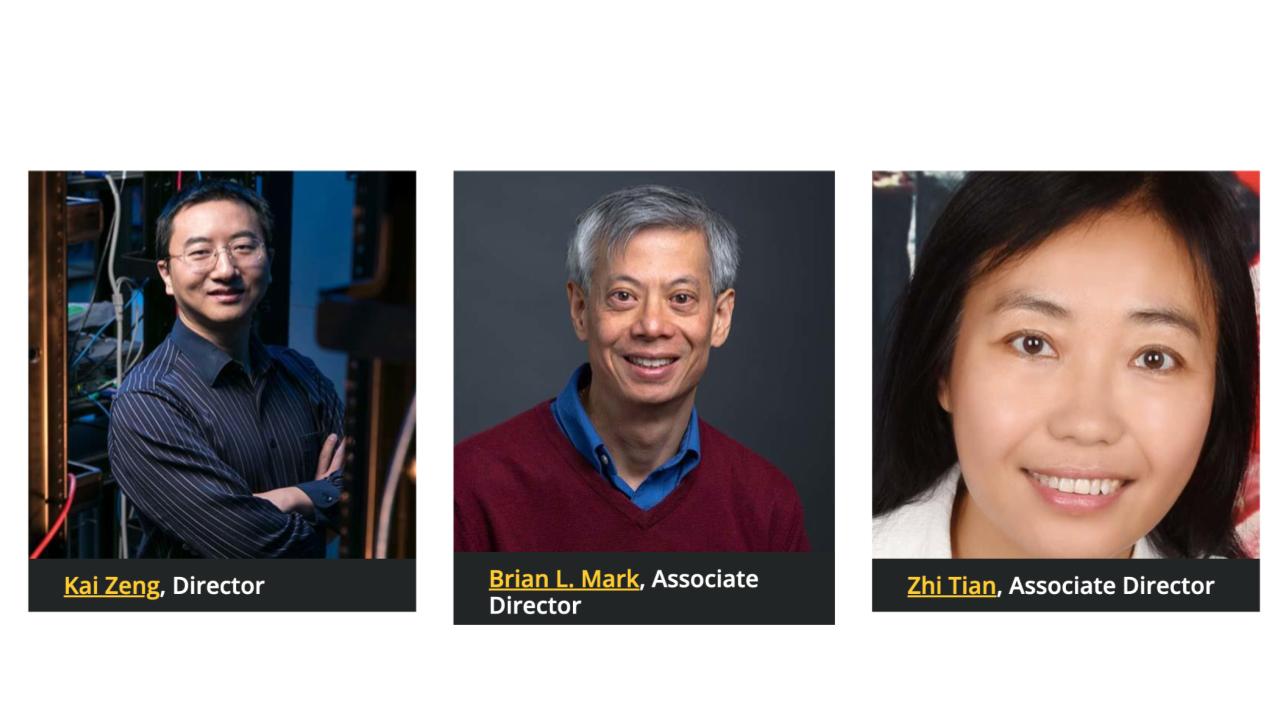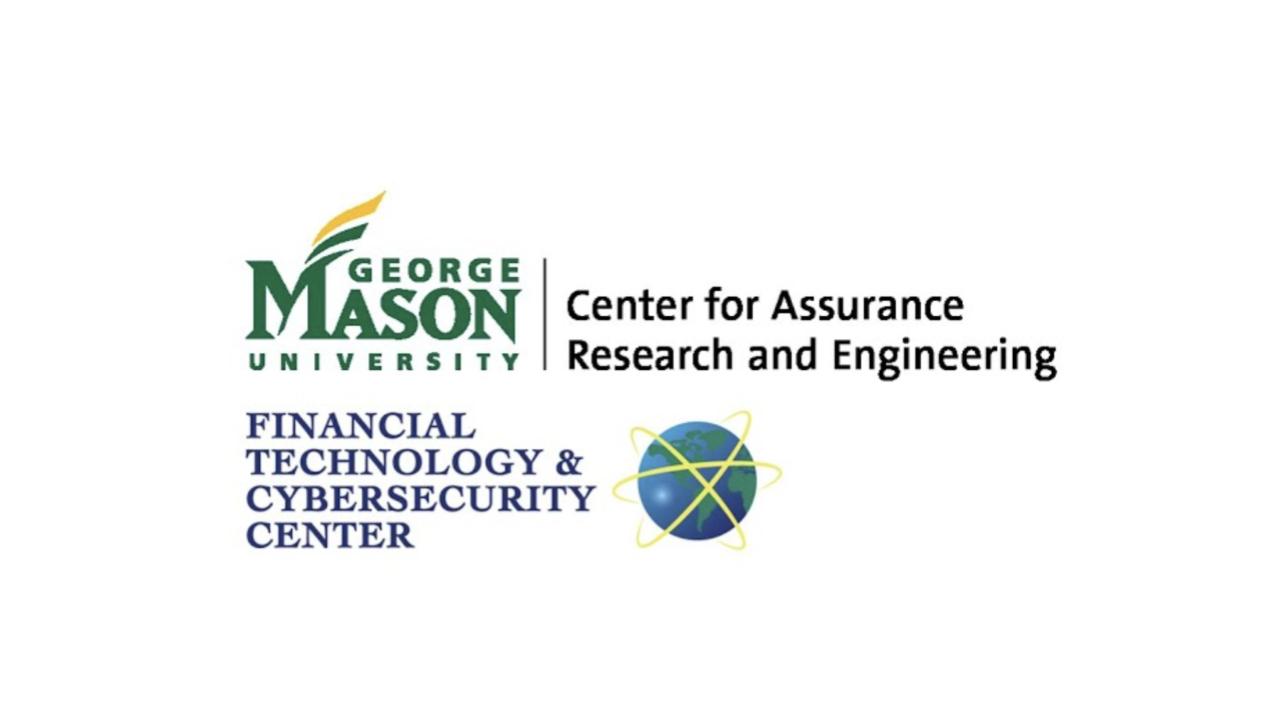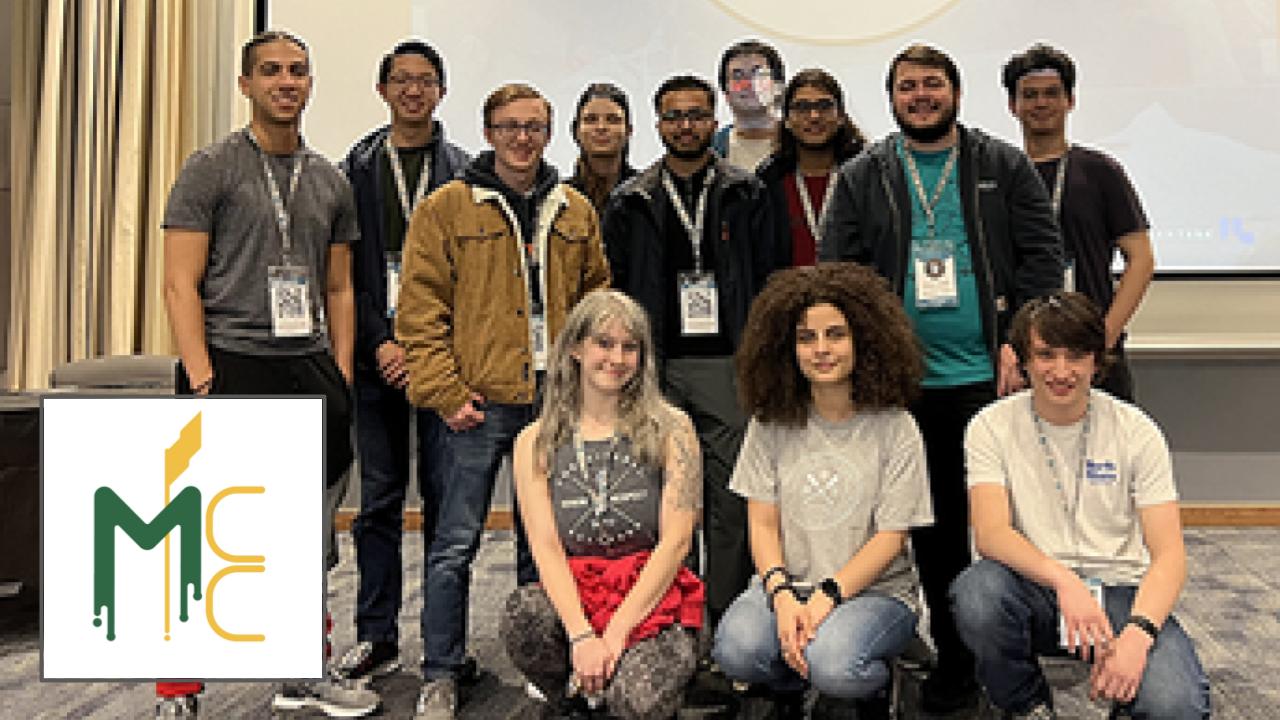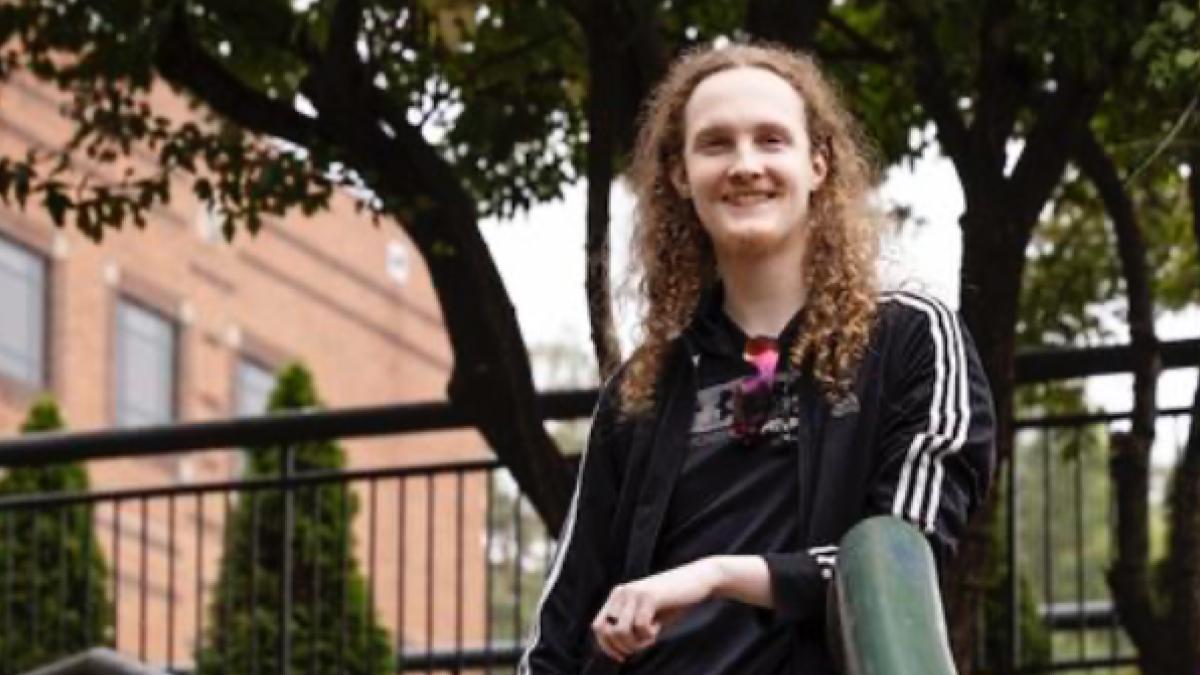George Mason University has numerous departments, research centers, and labs focused on cybersecurity in addition to its AI2 Nexus initiative and partnerships with state and federal agencies such as the Commonwealth Cyber Initiative (CCI) and the All-In-Gov Council.
Key departments in the College of Engineering and Computing include the:
- Cybersecurity Engineering Department (CYSE)
- Information Science & Technology Department (IST)
- Data Analytics Engineering Department (DAEN)
- Computer Science Department (CS)
- Electrical & Computer Engineering (ECE)
Key Research Centers, Labs, & Institutes include:
- Center for Secure Information Systems (CSIS)
- Center of Excellence in Command, Control, Communications, Computing, Cyber and Intelligence (C5I)
- Institute of Digital InnovAtion (IDIA)
- NSI Cyber and Technology Center (CTC)
- Sun Security Laboratory (SunLab)
- Center for Assurance Research and Engineering (CARE)
- Center for Cybersecurity Analytics and Automation (CCAA)
- Center for Trusted, Accelerated, and Secure Computing and Communication (C-TASC)
- Wireless Cyber Center (WirelessCyber@Mason)
- Center for Assurance Research and Engineering (CARE)
INTO Study – 31/03/2023 (03:30)
https://www.youtube.com/watch?v=frmFGo5cpWQ
Meet Professor Kun Sun, Director of the Science Security Lab, Associate Director of the Center for Secure Information Systems, and professor of Information Science and Technology at George Mason University. George Mason’s unique cyber security program has four different majors that allow students to take their education in any path they want.
OnAir Post: Cybersecurity @GMU
